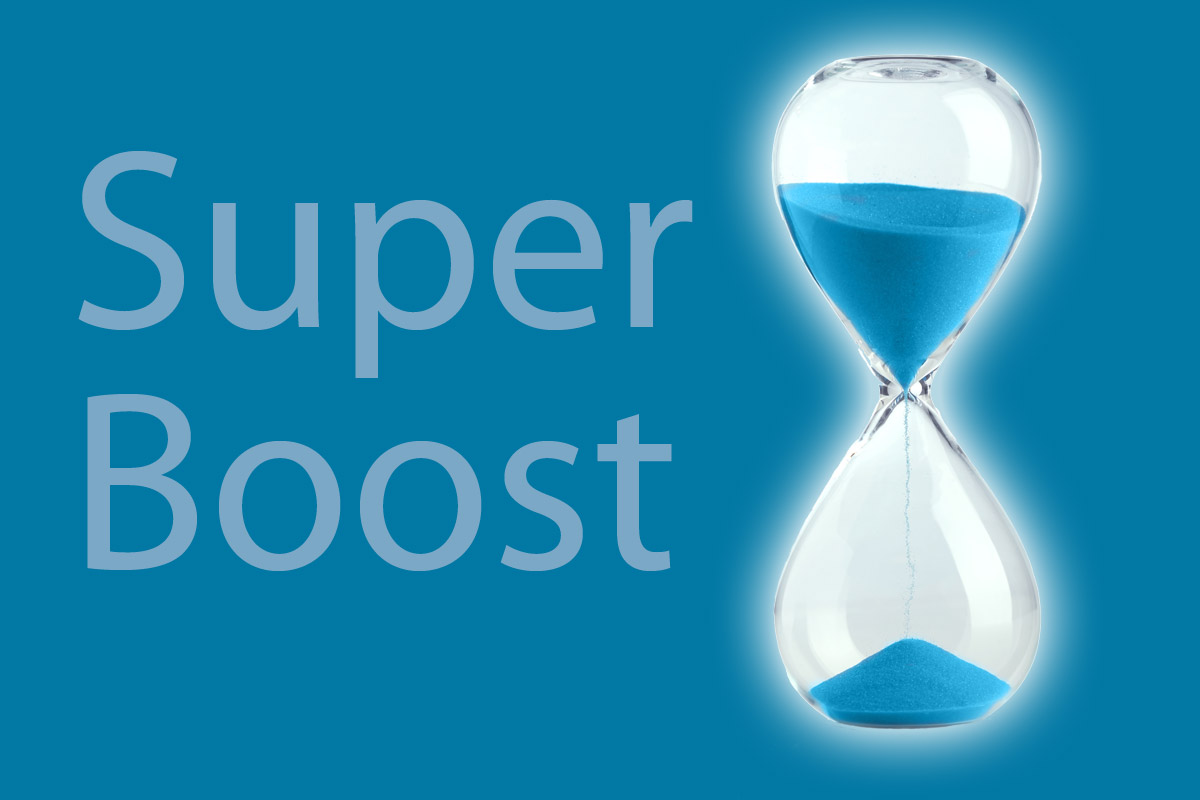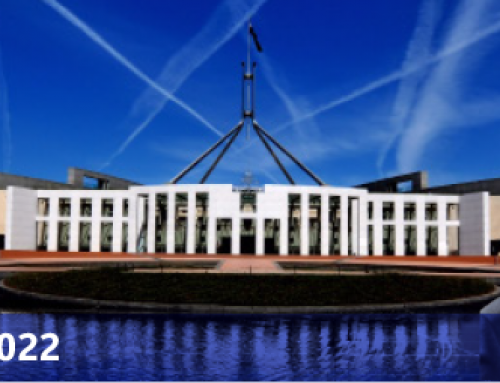Here are four things you can do before the end of the financial year to get the most benefit from superannuation laws and to maximise your retirement wealth. Be aware that one through to three require you to take action now to make sure they happen by the 30 June 2015 cut off.
1. Making an after tax contribution of $1,000 into your superannuation could earn you a government co-contribution of $500 to add to your superannuation account balance.
The government co-contribution is a scheme that rewards low income earners for making extra contributions into their superannuation fund. Currently the co-contribution is
- $500 if you earn less than $34,488
- $1-$500 on a sliding scale if you earn between $34,488 and $49,488.
So if you earn $34,488, or less, think of it as an instant 50% return on the money you have contributed! To be eligible to receive the government co-contribution you need to make your after tax contributions before 30 June 2015. Most super funds will allow you to make this contribution via BPay, EFT or a cheque payment. You can also contribute into your children’s superannuation fund (as long as they are working and earn less than the $49,488 threshold) and earn a government co-contribution for them.
2. Help close the superannuation gap for your spouse by making an after tax contribution into their superannuation fund and you could be eligible for a spouse contribution rebate of $540.
The spouse contribution rebate allows one person in a relationship to contribute money into their spouse’s superannuation account while earning a tax rebate for themselves. This is particularly relevant for families (de facto and married) that have only one full time working adult, as the income threshold is $13,800. You will receive a tax rebate of 18% for any money you contribute into your spouse’s account up to a limit of $3,000 in contributions, the maximum rebate available is $540. To be eligible a spouse contribution must be made from your after-tax income and must be made before 30 June 2015.
3. Salary sacrifice extra money into superannuation and give your balance a boost (as long as you are under the concessional contributions cap).
A concessional contributions cap is the amount you can pay (tax effectively) into your super in any given year. The reason they are called ‘concessional’ is because these payments are taxed at 15% and not at your marginal income tax rate.
The dollar amount of all these contributions added together is capped. For the 2014/2015 financial year these concessional contribution caps are:
- $30,000 for anyone aged 49 or under as at 30/6/2015
- $35,000 for anyone aged 50 or over as at 30/6/2015
4. Consider contributing your tax refund to your superannuation, particularly if you are eligible to receive a government co-contribution.
Lastly, you may consider contributing your tax refund into superannuation. It may not be the most exciting way to spend your money but it does have the potential to make a big impact on your superannuation balance. In addition, if you are eligible to receive a government co-contribution then you should consider this option as it is a way of making your after tax contribution into superannuation with little effort on your part. We recommend this option because most people do not budget for their tax refund so it has little effect on their day-to-day spending. However, it is important to take your own personal situation into account and understand the consequences of investing your tax refund into superannuation before making a decision, in particular where you may have urgent liabilities to resolve.
Click here to download our EOFY Newsletter as a PDF.





Leave A Comment
You must be logged in to post a comment.